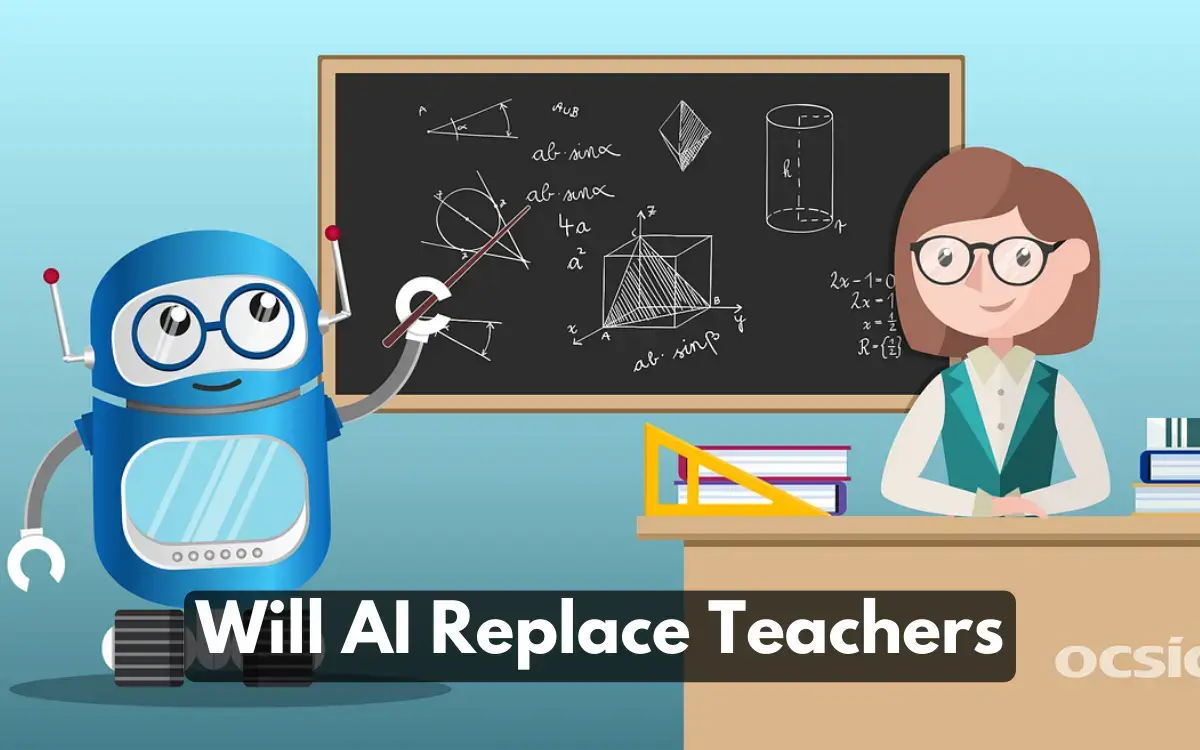In recent times, there has been a growing fascination with the integration of artificial intelligence (AI) in various aspects of our lives.
One striking example is Harvard University’s pioneering move to employ an AI chatbot for its introductory level coding course.
This innovative approach aims to improve the learning experience by leveraging the Top AI tools to assist students in finding errors in their code, answering questions, providing feedback, and enhancing their understanding of the coding process.
The Role of AI in Education
Harvard plans to incorporate chatbots to assist students in finding errors in their coding, answering questions, offering feedback, and helping students learn more about the coding process. Essentially, it’s a computer helping you learn about computers.
David Malin, a Gordon McKay professor of computer science at Harvard University, is helping to oversee this new course and the chatbot. He explains that the AI chatbot is an evolution of the sorts of tools that they have provided for students for some time.
Will AI Replace Teachers? Not Quite
No, AI won’t replace teachers entirely in the future. While chatbots offer potential for learning support, they currently lack the comprehensive capabilities and nuanced approach necessary for full-fledged teaching and advising.
Chatbots like ChatGPT, for instance, tend to be overly helpful, providing immediate answers rather than fostering critical thinking and independent learning. Developers are working to refine chatbots to guide students towards understanding rather than simply handing out answers.
However, concerns remain about potential overreliance on AI, which could lead to plagiarism and hinder students’ intellectual growth. In essence, while AI can complement education, it cannot yet replicate the multifaceted role of human teachers in fostering critical thinking, social-emotional development, and the nuanced aspects of knowledge acquisition.
✅ 5 Innovative AI Tools That Are Changing Education System ✅
Checks and Balances
To mitigate these potential risks, they are putting in place some checks and balances. Much of what’s happening right now in the space of ChatGPT and large language models in general is the ability to feed these types of programs prompts, instructions in English that essentially give the bot a personality or guide it to a certain behavior.
The sort of prompt that they’re providing to their own bot is akin to teaching it: “Assume that you are a teacher of an introductory computer science course.
Answer students’ questions in simple terms. Do not provide them with more than just a few lines of code.” The goal is to make it much more akin to a good teacher and not just a tutor handing you the answers.
Feedback and Future Prospects
The chatbot hasn’t been put in action with the students yet, but it will soon. They have been beta testing it with their summer school students at Harvard Summer School. So far, the feedback has been positive. Their goal has been to have this bot answer as many as 80 percent of students’ questions, and it’s probably approaching 90 percent.
Final Conclusion
In conclusion, while AI is making significant strides in the field of education, it’s not quite ready to replace teachers. Instead, it serves as a tool to enhance the learning experience, providing additional support and resources for students. The question of “Will AI Replace Teachers?” is still up for debate, but for now, the answer seems to be: not yet.
